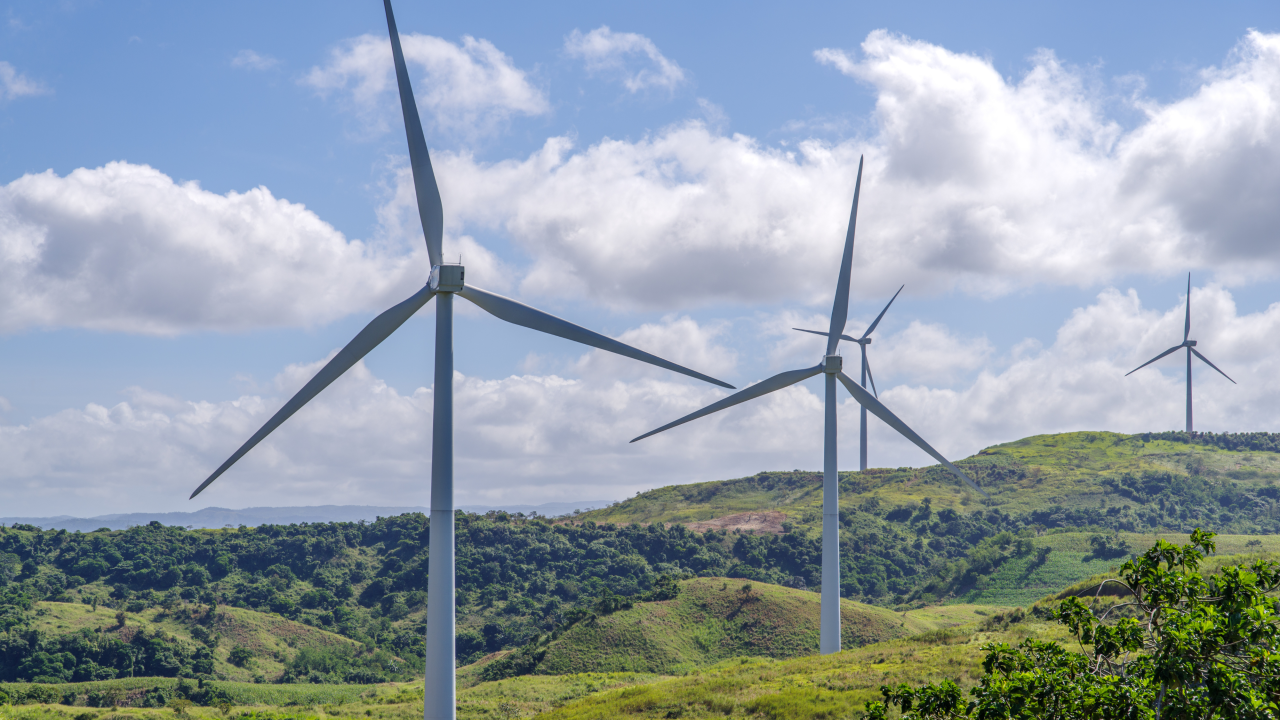In a bold move to expedite the transition to renewable energy and address the pressing challenges facing the wind energy sector, the European Commission has introduced the European Wind Power Action Plan. This comprehensive initiative aims to rejuvenate the wind energy industry, bolster its global competitiveness, and ensure it plays a pivotal role in achieving the European Union’s ambitious clean energy and climate objectives.
The wind energy sector in Europe has made commendable progress, with 16 GW of wind power added in 2022, marking a significant 47 percent increase from the previous year. However, the European Commission acknowledges that the industry is falling behind its goal of achieving 500 GW of installed capacity by 2030. This shortfall is a formidable obstacle to the EU’s target of sourcing 42.5 to 45 percent of its energy from renewables by 2030.
While Europe has been a pioneer in offshore wind energy, growth in this sector has also decelerated. In 2022, only 2.5 GW of offshore wind capacity was added, raising the total to 16.3 GW. The majority of Europe’s offshore wind capacity is concentrated in the UK, with France entering the market with its first large offshore wind farm. Member states have committed to an additional 111 GW of offshore capacity, but to meet the ambitious targets, the EU must install almost 12 GW per year, a staggering tenfold increase from the 1.2 GW installed in 2022.
The European Commission identified a range of issues hindering the wind energy sector, including uncertain demand, complex permitting processes, and unsupportive decisions related to national tenders. Additionally, factors such as high inflation, rising commodity prices, limited access to raw materials, and a shortage of skilled labor pose further challenges. Furthermore, the Commission expressed concerns about the intensifying international competition, with China’s rapid growth being a prominent competitive force.
The European Wind Power Action Plan
To address these challenges, the European Commission’s action plan focuses on six main areas:
- Direct Support: The European Commission will provide direct support to the wind energy sector to ensure a robust and competitive supply chain, secure project pipelines, attract necessary financing, and promote global competitiveness.
- Counteracting Unfair Trade Practices: The Commission commits to closely monitoring possible unfair trade practices, including subsidies and tariffs, to maintain a fair and competitive international environment for European wind energy companies.
- Investor Engagement: Proactive steps will be taken to engage with investors to identify and address obstacles to investment in the wind energy sector.
- Innovation Fund and Financial Guarantees: The European Commission will support the industry through an Innovation Fund and de-risk financial guarantees using the European Investment Bank, enhancing financial stability.
- Streamlined Permitting: Efforts will be made to increase predictability and expedite the permitting process, with a strong focus on digitalization to simplify procedures.
- Grids Action Plan: The Commission is committed to launching a Grids Action Plan, facilitating the expansion and development of electricity grids to accommodate the increasing capacity of wind energy projects.
Furthermore, the Commission encourages member states to take advantage of financial programs and utilize export credit agencies, enhancing their support for the wind energy sector. Member states are also urged to enhance transparency and visibility with wind pledges, transparent auction schedules, and improved auction designs.
Kadri Simson, Commissioner for Energy, underscores the pivotal role of the wind sector in achieving the European Union’s clean energy and climate policies. The European Wind Power Action Plan stands as a testament to the Commission’s dedication to supporting the industry and expediting its growth to meet long-term energy goals.
The European Wind Power Action Plan is a vital step toward ensuring Europe’s wind energy sector remains competitive and plays a central role in the region’s transition to renewable energy. With the comprehensive approach outlined in this plan, the European Commission demonstrates its unwavering commitment to addressing industry challenges, fostering innovation, and propelling the wind energy sector forward to meet ambitious clean energy targets. As the wind energy industry faces both domestic and international challenges, this initiative promises to rejuvenate its growth and solidify its place in the sustainable energy landscape.
(Source: Maritime Executive | Balkan Green Energy | European Commission)









